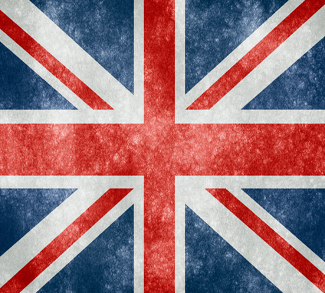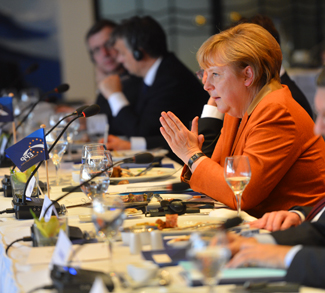Summary
The UK’s snap general election has resulted in a hung parliament, with the Conservative Party losing its majority. Theresa May now seeks to form a minority government with the Democratic Unionist Party of Northern Ireland (DUP). The Conservatives won a non-decisive victory with 42% of the vote, netting them 12 fewer seats, while Labour took 40% of the vote, good for a gain of 32 seats. Theresa May’s two key advisers, Nick Timothy and Fiona Hill, have since resigned on account of the Tories’ disaster at the ballot box. Meanwhile, her top five cabinet ministers remain in their positions to prepare for Brexit.
While Jeremy Corybn has solidified his leadership of the Labour Party, Theresa May is facing calls to resign from various Conservative MPs. Not only has the election solidified the opposition party’s position, the Conservative/DUP alliance will present new challenges to May’s ability to ‘provide certainty’ and keep the country ‘safe and secure’ going forward. One such looming challenge will be upcoming Brexit negotiations, now that a “hard Brexit” seems far less likely.
Background
The DUP’s 10 seats in parliament will help prop up the Tories in Westminster by bringing their seat count to 328 (326 needed for majority). So far, the two parties have entered into an informal arrangement as opposed to an official coalition, with the DUP supporting the Conservatives on key votes, including the budget. However, the DUP is a socially conservative party opposed to abortion and same-sex marriage (not to mention the Tories’ pension plan). This has alarmed socially liberal Conservative lawmakers, who foresee a difficult partnership with the party that now holds the balance of power.




